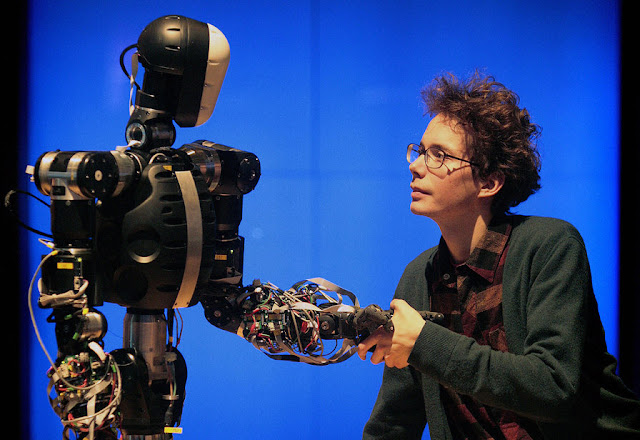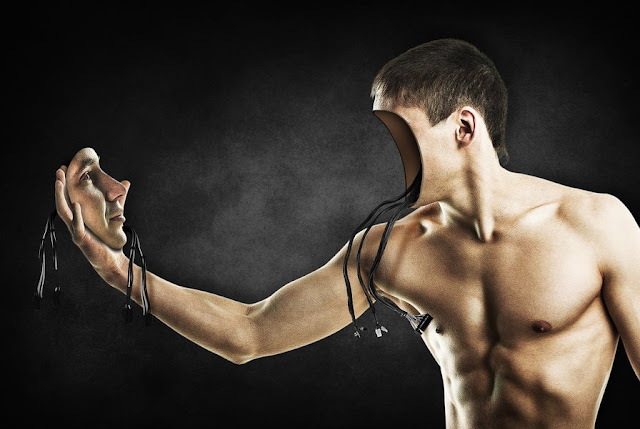Robot! Humans are Showing Kindness with Their AI Helpers.
We spent a lot of time in 2017 talking and writing to non-humans. Whether by interacting with a chatbot or by asking Alexa for help, much of our communication is moving away from human to human and its etiquette. Which raises the question: how should we be treating our AI helpers? With kindness or indifference?
"People tend to be very friendly in the initial delivery," says Dennis Mortensen, founder and CEO of x.ai. The New York-based company created two virtual assistants, Amy and Andrew Ingram, who help with scheduling meetings. Service users simply copy Amy or Andrew into an email and virtual assistant, delivering them frequently long and long when scheduling meetings.
According to Mortensen, 11% of communication with "Amy" and "Andrew" is showing gratitude for their work. Even though virtual assistants do not have feelings, people feel an urge to express their graces, along with adding social niceties. Hey Amy, would you be so kind ...?
People are clearly treating "Amy" or "Andrew" as if they were warm-blooded beings. And while some people may mistakenly assume that Amy Ingram is a human assistant, x.ai does not intend to blur the line (hence the initials of AI). "We do not want to fool anyone into thinking he is a human being," says Mortensen.
If we imagine that agents of AI are more similar to employees or teammates than applications, our relationship with them will have to be equally dynamic and bilateral ... One can think of giving these autonomous agents a kind of rudimentary self - awareness; This should, in turn, allow humans to extend compassion to AI agents and, sometimes, accept agent choice, even when it is not aligned with our own world view. -Dennis Mortensen, founder and CEO of x.ai (AI and Fallibility Double Standard)
To better create a fluid dynamic of two sides between the virtual assistant and the user, x.ai has been injecting a higher level of empathy into the dialog. In addition, the company is aware of the many nuances of the conversation and the unwanted impressions that AI responses can create. "Things that are so subtle can be problematic at scale," says Mortensen.
Mortensen believes that we typically do not "dehumanize" a virtual assistant because, in turn, we would be dehumanizing ourselves in the process. In other words, show gratitude even when it is not necessary, because not doing so would make us a little worse. As Mark Twain once stated, "Anger is an acid that can do more harm to the vessel in which it is stored than to anything it is poured into."
Watching this video (or watching the video) makes you feel bad for the robot, anger towards the kicker, and a general feeling that the kicker has degraded in the process. Although the robotic dog has no feelings, we expect people to treat it as something larger than an object.
In establishing an interview with Mortensen, I dealt with my own conflicting impulses about how to deal with Andrew Ingram - the virtual assistant who established the phone call. Should I thank Andrew? I could clearly feel the division between my logical brain (why waste my time to thank AI without feelings) against my human heart (it feels good to be kind).
"We have created an emotional connection between our software and the human being, and I believe this will continue to exist in other agents as well." - Dennis Mortensen, founder and CEO of x.ai (AI and Fallibility Double Standard)
The process of dealing with "Andrew" and "Amy" made it clear that the way we treat AI is more complicated than its lack of feelings. It is something that reminds the act of giving gifts, where the donor impulse is greater than simply helping a recipient - it feels good to be good. Likewise, although we are allowed to be completely cold and rude with AI, it may be beneficial for us to show gratitude





Comments
Post a Comment